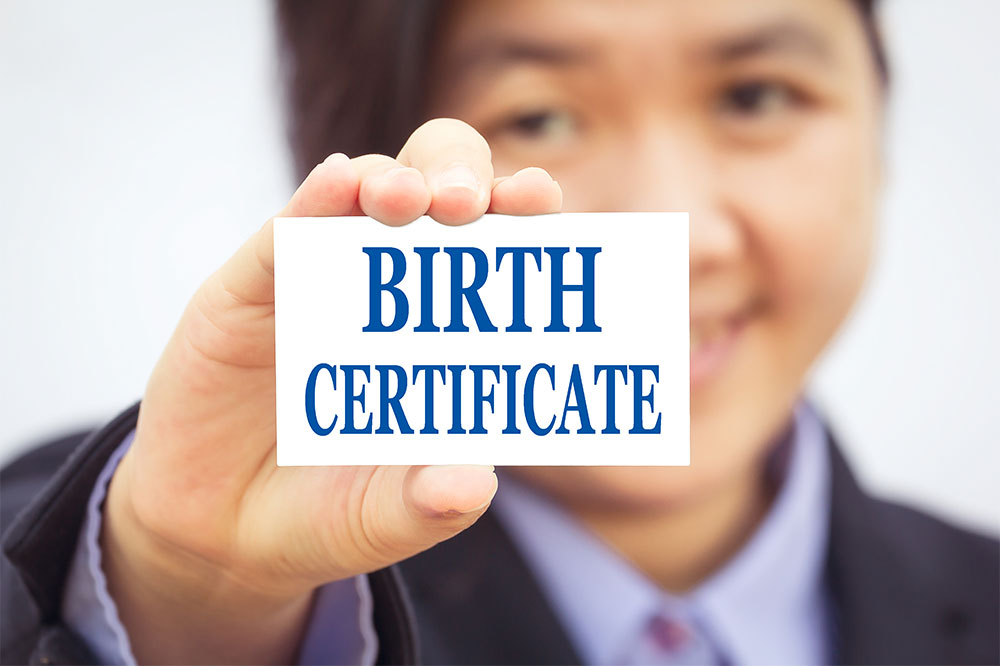8 easy steps to patent an idea
Federal governments grant inventors an exclusive right that gives them total ownership over their idea. These grants are called patents and provide protection for a period of time. To get a patent, the inventions must be concrete, useful, and unique. Naturally occurring substances and laws of nature, among others, cannot be patented under any circumstance. Some examples of patentable inventions include
- Medical devices
- Computer/tech products
- Chemical formulas
- Musical instruments
- Medications
Three different kinds of patents are recognized, they are
- Utility patent
Around 90 percent of all patent ideas fall under this type.

New machines and processes qualify as a utility patent and are valid for 20 years from the date of filling. Design patent
As the name suggests, this patent is granted to unique designs of a product or manufactured object. Plant patent
The invention of a new and distinct variety of plant through means of asexual reproduction falls under this patent category.
As the name suggests, this patent is granted to unique designs of a product or manufactured object.
The invention of a new and distinct variety of plant through means of asexual reproduction falls under this patent category.
How to fill a patent application form?
The regulatory authority for everything concerned with patents is the US Patent and Trademark Office (USPTO). It has laid down specific rules for filing applications, which are explained below:
- Explore the USPTO (and other) databases
It’s not entirely impossible that your invention could have already been patented earlier. So, before filling the application form, breeze through the USPTO database and a few other publications to ensure your product is indeed unique. - Reach out to a patent attorney
The USPTO recommends contacting a registered patent attorney for filing your application. This is because the process can get slightly challenging and an attorney can help avoid mistakes that could prove costly later. - Check the type you need
As explained earlier, there are three types of patent. So, determine which kind fits your idea. - Submit provisional patent application
Filing a provisional application allows you to claim the right over the invention before anyone else. - Electronic Filing System
The USPTO encourages inventors to fill their ideas through the Electronic Filing System (EFS-Web). It’s just as efficient as paper-based filing and allows authors to submit their inventions as is. - Prepare to present
In this step, you’ll need to explain your entire invention from scratch. This includes defining the objective, abstract, methodology, etc. We advise taking the advice of an attorney. - Review the application
After completing the application, review it time and again to make sure it explains your invention as perfectly as possible. - Patent process and approval
A patent examiner is assigned to every case. Working closely with them ensures that any of their doubts are quickly cleared and your application moves forward. Upon approval from the examiner, you or your attorney will be notified.
Disclaimer:
The content provided on our blog site traverses numerous categories, offering readers valuable and practical information. Readers can use the editorial team’s research and data to gain more insights into their topics of interest. However, they are requested not to treat the articles as conclusive. The website team cannot be held responsible for differences in data or inaccuracies found across other platforms. Please also note that the site might also miss out on various schemes and offers available that the readers may find more beneficial than the ones we cover.




